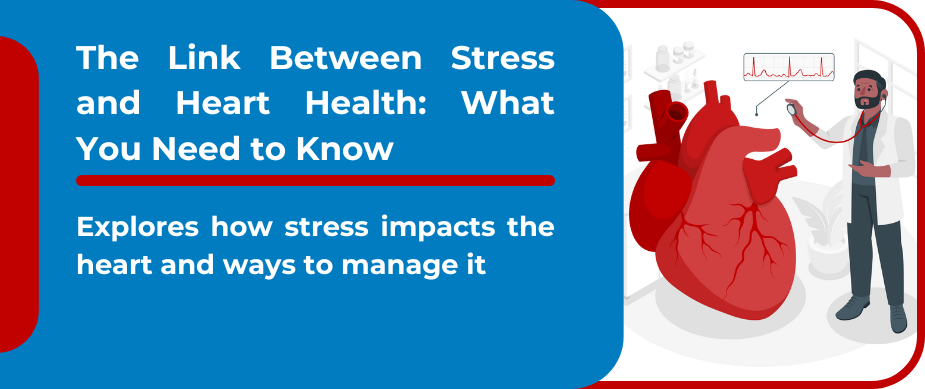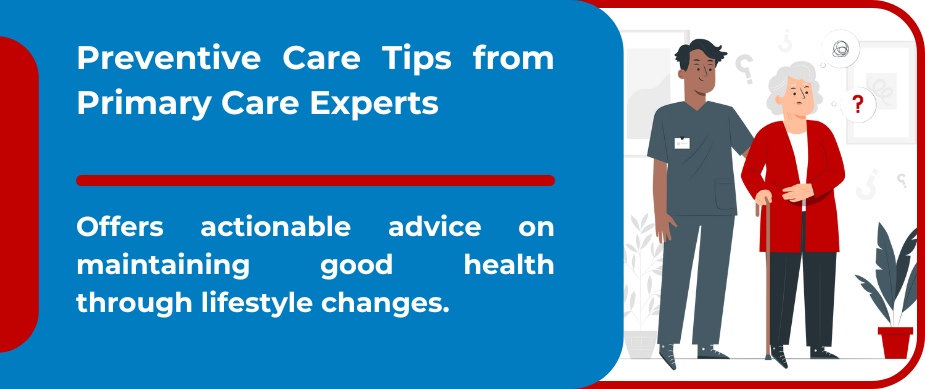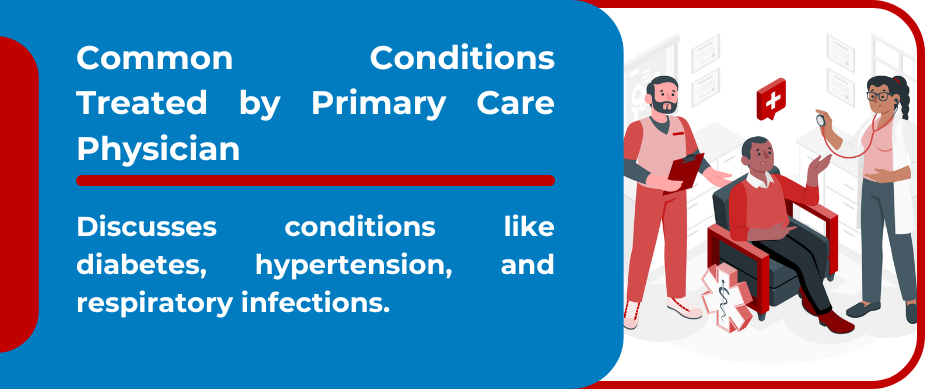In today’s fast-paced world, stress has become an almost inevitable part of life. While a little stress can be motivating, chronic stress can take a toll on your overall health, especially your heart. In this blog, we’ll explore the link between stress and heart health, how stress affects your body, and what you can do to protect your heart.

How Does Stress Affect Your Heart?
Stress triggers your body’s “fight or flight” response, releasing hormones like adrenaline and cortisol. While this response is helpful in short bursts, chronic stress can lead to long-term damage, including:
- Increased Blood Pressure: Stress causes your blood vessels to constrict and your heart to work harder, leading to high blood pressure (hypertension). Over time, this can damage your arteries and increase your risk of heart disease.
- Elevated Cholesterol Levels: Chronic stress can raise levels of LDL (bad cholesterol) and lower HDL (good cholesterol), contributing to plaque buildup in your arteries.
- Inflammation: Stress triggers inflammation in the body, which can damage blood vessels and increase the risk of heart attacks and strokes.
- Unhealthy Coping Mechanisms: Many people turn to unhealthy habits like smoking, overeating, or drinking alcohol to cope with stress. These behaviors can further harm your heart health.
Signs That Stress Is Affecting Your Heart
If you’re experiencing any of the following symptoms, stress may be taking a toll on your heart:
- Chest pain or tightness.
- Rapid heartbeat.
- Shortness of breath.
- Fatigue.
- Dizziness or lightheadedness.
If you notice these symptoms, it’s important to consult your doctor to rule out any underlying heart conditions.
How to Protect Your Heart from Stress
The good news is that you can take steps to manage stress and protect your heart. Here are some effective strategies:
- Practice Relaxation Techniques:
- Deep breathing: Helps calm your nervous system and lower blood pressure.
- Meditation: Reduces stress and promotes emotional well-being.
- Yoga: Combines physical activity with mindfulness to reduce stress.
- Stay Physically Active: Regular exercise is one of the best ways to combat stress and improve heart health. Aim for at least 30 minutes of moderate activity, like walking or cycling, most days of the week.
- Maintain a Healthy Diet: A heart-healthy diet can help reduce the effects of stress. Focus on:
- Fruits and vegetables.
- Whole grains.
- Lean proteins.
- Healthy fats (e.g., olive oil, nuts, and seeds).
- Get Enough Sleep: Poor sleep can exacerbate stress and harm your heart. Aim for 7–9 hours of quality sleep each night.
- Stay Connected: Social support is a powerful stress reliever. Spend time with family and friends, or join a support group to share your feelings and experiences.
- Seek Professional Help: If stress feels overwhelming, consider talking to a therapist or counselor. They can help you develop coping strategies and improve your mental health.
Why Choose Padder Health Services for Heart Health?
At Padder Health Services, our team of experienced cardiologists and primary care physicians is dedicated to helping you manage stress and protect your heart. We offer:
- Comprehensive heart health evaluations.
- Personalized stress management plans.
- Lifestyle counseling to improve your overall well-being.
- Convenient locations in Laurel, Columbia, and Hagerstown, MD
 PHS, LLC
PHS, LLC


